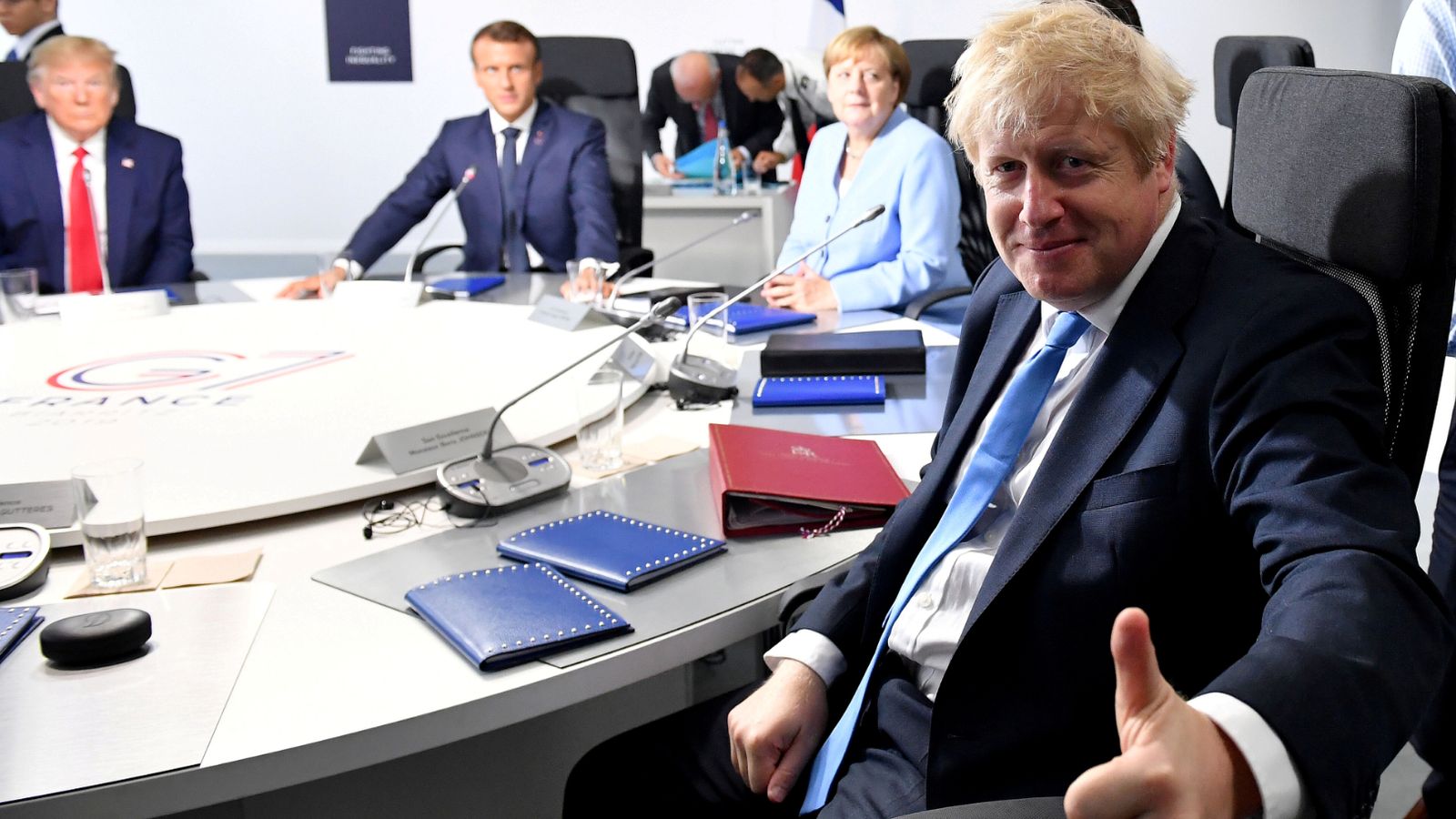
When people feel suffocated, they wrap themselves in their country’s flag, shut borders and tend to their own. The present double crisis — a health crisis, which includes a scarcity of protective material, and a financial crisis, due to the overwhelming rupture created by frozen economies — has elicited some rather strange reversals.
Who was it that said: “We will no longer import raw materials from the other side of the world because we’ll instead produce them domestically, because digital technology will allow us to produce smaller quantities faster thanks to 3D printing, and because we will help our companies to invest in the transition to this more ecological model”?
The speaker was pro-EU globalist and ex-Rothschild Bank employee (which, for the opposition, is irrefutable proof a willingness to sell his country) Emmanuel Macron. The same Macron that, after discovering when the virus exploded that France had a stock of 140 million masks, compared to 1 billion a decade earlier, made a “never again” promise à la Scarlett O’Hara, the main character of “Gone with the Wind”: “Our coming days will not be like the bygone days. We need to rebuild our national and European sovereignty.” The latter aim consists only of a mess of symbolism, given that the European Union paled during the crisis and pretended that it did not undergo a flurry of border closings meant to isolate each population within its respective country. Marine Le Pen, abhorred as a dangerous nationalist, could not have said it better than Macron.
And who was it that promised to spend $400 billion in federal funds on goods and services to benefit domestic companies, and another $300 billion in research and development? The rambunctious nativist and outdated autocrat Donald Trump, with his tired slogan “Make America great again”? Wrong again: It was Joe Biden, the Democratic nominee for the presidential election this November, who has exhumed the “Buy American” rhetoric. “He plagiarized from me,” complained Trump, with a certain degree of truth.
Facing an expected 14% drop in GDP for this terrible year, the British government acts as if it has just discovered the proverbial money-growing tree. Just to compare the size of the recession: In 1946, the U.S. loaned $3.75 billion (some $60 billion in today’s currency) to save its bankrupt British allies from post-war devastation. The man who negotiated the loan for the English was none other than John Maynard Keynes. Boris Johnson was inspired by Keynes, who was a formidable advocate for temporary fiscal policies that boost demand in times of crisis. Without thinking ahead, Johnson promised a Rooseveltian package of public works. To be clear, the British government is only nominally conservative. Abounding predictions of the end of the nation-state, which would entail a resurgence of such deplored concepts as nationalism and patriotism, have proved to be somewhat premature. Perhaps in the longer term, when the trauma of the COVID-19 crisis has faded, such complete nationalism will be our reality. Though, as Keynes said in his most famous quote (which is oftentimes not attributed to him),“In the long run we are all dead.”

Leave a Reply
You must be logged in to post a comment.